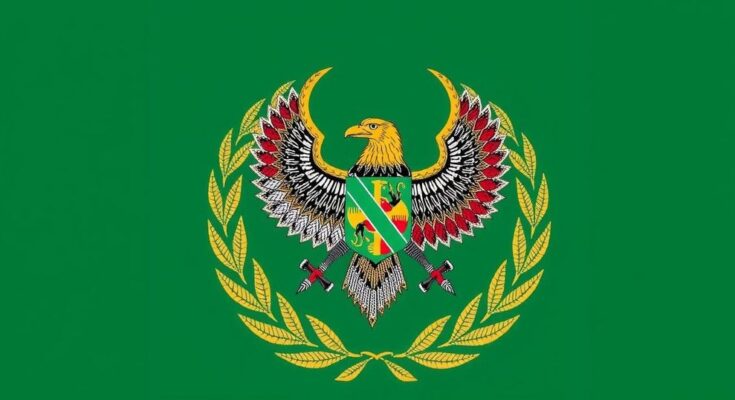Mozambique is facing escalating police violence amid protests against electoral fraud, resulting in seven reported deaths. Amnesty International has urged the Southern African Development Community (SADC) to take a strong stand against these human rights violations during its upcoming summit in Harare. Calls for accountability from both SADC and the African Union grow louder as tensions rise and protests continue across the country.
In recent days, Mozambique has found itself engulfed in a tempest of violence and political strife, with the police killings of at least seven individuals during protests in Nampula on November 13 highlighting a grim reality. Khanyo Farisè, the Deputy Regional Director for East and Southern Africa at Amnesty International, condemned the Southern African Development Community (SADC) for its disquieting silence amid these escalating tensions. Farisè urged SADC to break its inaction and firmly advocate for the rights of peaceful assembly and against police brutality as the death toll continues to rise amidst ongoing protests over the controversial October elections. The lack of one strong voice from SADC in response to Mozambique’s human rights crises is alarming. As the military arrives on the streets in a bid to quell dissent, the ongoing violation of basic civil liberties threatens not just Mozambique’s citizens but peace in the southern African region at large. Authorities’ aggressive tactics have sparked reprisals from protesters, adding to the chaotic landscape where accusations of electoral fraud swirl fervently, casting shadows over the hope for democracy. With this backdrop, the upcoming SADC summit in Harare presents a crucial opportunity for decisive action against the injustices faced in Mozambique. The urgency of intervention is heightened by the violence perpetuated by state forces against unarmed civilians, signaling a dire need for accountability. Amidst increasing calls for justice and transparency, Farisè emphasized, “SADC must take a strong stand against the assault on the right to protest and the killing of protesters.” Meanwhile, the African Union is also urged to intervene, suggesting that investigations by the African Commission on Human and Peoples’ Rights are essential to unveil the depth of the ongoing violations in Mozambique.
Mozambique is currently gripped by political turmoil following controversial elections on October 9, leading to widespread protests and significant civil unrest. Authorities have responded with severe crackdowns on demonstrators, deploying military forces to suppress dissent. Amnesty International and civil society groups have reported alarming statistics regarding police violence, including a staggering death toll and injuries sustained by protesters. The region’s governing body, the Southern African Development Community (SADC), is facing criticism for its slow reaction to the evolving crisis at such a critical juncture, leading human rights advocates to call for immediate accountability and action.
The unfolding crisis in Mozambique cries out for urgent attention from regional and international bodies amidst the repressive actions of state security forces against citizens voicing their dissent. With SADC’s upcoming summit, there lies an opportunity to confront these violations head-on, emphasizing the critical importance of human rights and the sanctity of peaceful protest. The situation remains fluid, and the costs of inaction could be dire, calling for a profound commitment to a shared future of justice and peace in the region.
Original Source: www.amnesty.org



